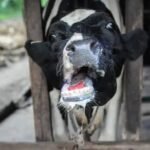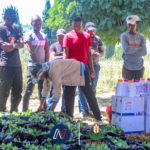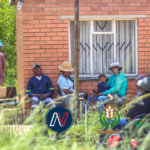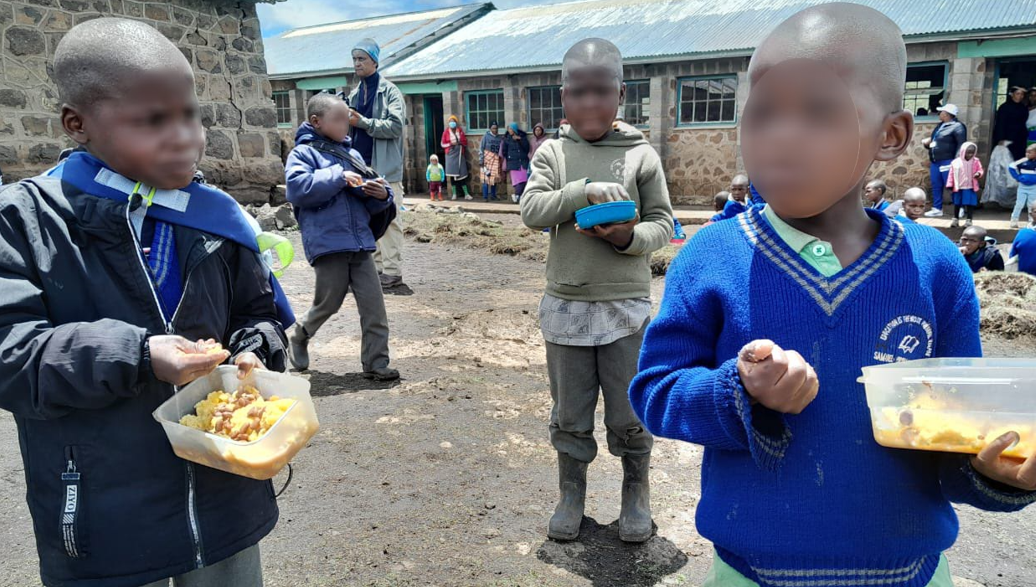Lesotho continues to grapple with deepening food insecurity and widespread malnutrition, despite national strategies aimed at tackling hunger, a recent United Nations report said.
The report has raised red flags over the country’s persistent failure to ensure food and nutrition security, especially for vulnerable populations.
Compiled by the UN Country Team, the report reveals that limited progress has been made under the Lesotho Food and Nutrition Strategy and Costed Action Plan (2019–2023).
At the heart of the problem is low agricultural productivity which has led to increasing food imports and higher prices, worsening the situation for the poor.
The report highlighted that malnutrition remains a critical public health crisis, particularly among children.
“While there has been some improvement in under-five mortality rates since 2019, infant and child mortality remain unacceptably high, driven by preventable causes such as hunger, malnutrition, and diseases like rickets,” the report noted.
In light of these concerns, the UN is urging Lesotho to boost investment in agriculture, particularly in irrigation systems and agro-industrial development, to build resilience and reduce dependence on imported food.
The report also recommends expanding sustainable nutrition programs, especially in hard-to-reach rural communities where children are most at risk.
Lesotho’s efforts to uphold the right to food were also placed under scrutiny during the recent Universal Periodic Review (UPR) in Geneva, a UN peer-review process that evaluates member states’ human rights records.
The review examined whether Lesotho had addressed previous food security and nutrition recommendations.
Key inputs included Lesotho’s national report, civil society submissions, and findings from UN human rights experts.
These documents assessed both legislative reforms and ground-level implementation efforts around food security.
Central to Lesotho’s response was the Lesotho Food and Nutrition Policy (2016–2025), which seeks to improve the nutritional status of all citizens as a foundation for national health and economic development.
The policy specifically targets women and children, who remain the most affected by malnutrition.
The UPR also acknowledged the devastating food crisis of 2023 worsened by climate shocks such as hailstorms and prolonged droughts, pest outbreaks, and soaring food prices.
“These conditions severely affected crop yields and pushed more households into hunger,” the UPR stated.
In response, the World Food Programme (WFP) stepped in to support over 108,000 food-insecure individuals, while over 14,000 beneficiaries received cash-based transfers to meet basic food needs.
On a more hopeful note, Lesotho has made strides in supporting student nutrition.
Through the School Health and Nutrition (SHN) programme and its membership in the School Meals Coalition, the government has pledged to increase its school feeding budget by 50 percent in the 2024/25 fiscal year.
This investment is expected to improve children’s health, learning outcomes, and school attendance.
During the UPR session, Minister of Law and Justice Richard Ramoeletsi led Lesotho’s delegation.
Countries such as Germany, Indonesia, and South Africa served as rapporteurs, facilitating dialogue on Lesotho’s obligations, including the protection and promotion of the right to food.








